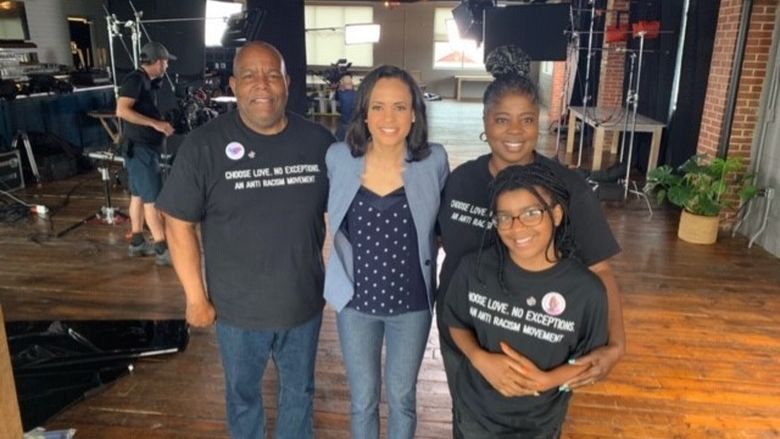
Penn State Mont Alto's Race, Equity, and Action program welcomes Nicholas Jones.
MONT ALTO, Pa. - A leader in the U.S. Census Bureau will bring a human element to the numbers his agency compiles during the Feb. 2 session of the Race, Equity, and Action (REA) series at Penn State Mont Alto.
Nicholas Jones, director and senior adviser of race and ethnic research and outreach in the bureau’s population division, will speak via Zoom from 12:15 to 1:15 p.m. to audiences in the General Studies Auditorium and online.
“It will be a very hybrid event,” said Kira Hamman, assistant teaching professor in mathematics and honors program coordinator at Penn State Mont Alto.
Jones began his career at the Census Bureau more than two decades ago as an analyst in the racial statistics branch. He became a renowned expert on America’s multiracial population, as well as the country’s complex racial and ethnic diversity.
As chief of the bureau’s racial statistics branch from 2007-14, he led a research team in the analysis of data gathered in the 2010 Census and the American Community Survey, which provides population and housing information. Jones also was a principal developer of the 2010 Census Race and Hispanic Origin Alternative Questionnaire Experiment, which compared different strategies for collecting census data on race and Hispanic origin.
During his conversation with Mont Alto audiences, he will discuss the shifting U.S. demographics with regard to race and ethnicity, why and how census data is collected, and how the statistics inform our understanding of nation’s population.
“It affects everything from the bottom up and the top down,” Hamman said of census data.
The figures not only make an impact on funding but provide a picture of who lives in the United States and can lead to dialogue about how the country can be supportive of those who live in it, said Hamman, who organizes REA.
The free series of conversations, workshops and professional development sessions has explored the experiences of people of color through literature and speakers sharing stories from their personal and professional lives. REA is meant to help the Mont Alto campus build a community of diversity, equity and inclusion.
Jones’ presentation is a step toward that goal, a way “to look at the bigger picture of the societal forces that surround and affect all those lived experiences,” Hamman said.
According to Hamman, studies show that people frequently perceive reality inaccurately and census data helps present a more accurate picture and prompt discussions about how to address inequity and racism.
“Data is not all we need to do that,” but it helps, she said.
Registration is not necessary for those watching Jones’ talk in the auditorium but is required for participants attending via the Zoom webinar and can be completed online.
For more information about the Race, Equity, and Action series, go to montalto.psu.edu or email Hamman at [email protected]



